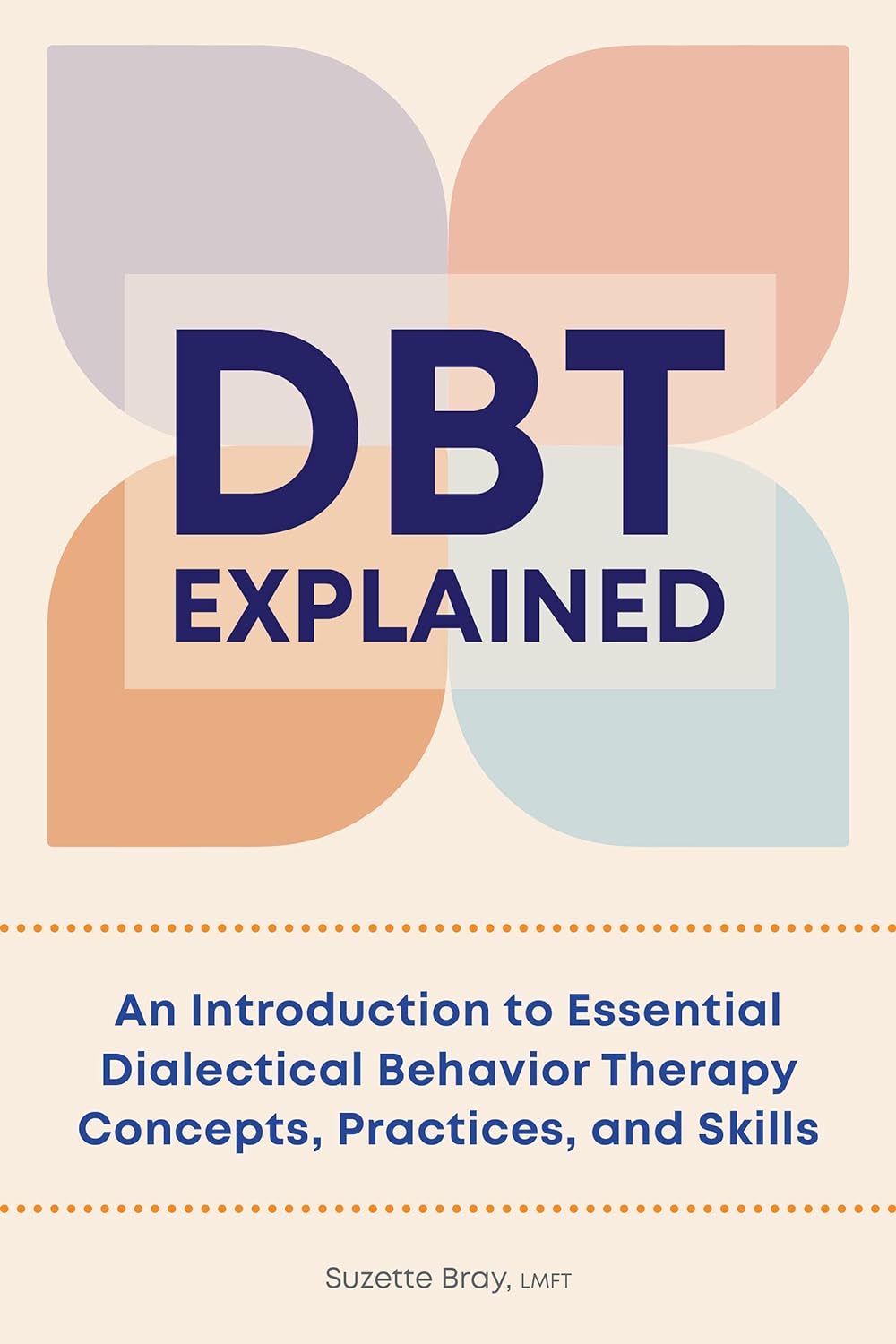Experience Development and Renewal with DBT London's Competence
Equipping People Through Reliable Dialectical Behaviour Therapy (DBT) Providers: Building Stronger Mental Health And Wellness Foundations
In the world of mental health and well-being, the significance of empowering people via reliable Dialectical Behavior Treatment (DBT) solutions can not be overstated (DBT London). By focusing on the core concepts of DBT, such as boosting psychological regulation skills, enhancing social efficiency, building distress tolerance strategies, and growing mindfulness techniques, people can begin on a journey towards structure more powerful mental health and wellness foundations.
Understanding the Core Concepts of DBT
To realize the significance of Dialectical Behaviour Treatment (DBT), it is important to comprehend the fundamental principles that underpin this therapeutic technique. DBT combines basic cognitive-behavioral methods with principles of distress acceptance, tolerance, and mindfulness. The primary goal of DBT is to help people build a life worth living by stabilizing change with acceptance. This equilibrium is achieved through the dialectical viewpoint, which emphasizes the combination of apparently opposite principles like approval and change.
One core principle of DBT is validation. One more fundamental element is dialectics, which instructs individuals to see circumstances from several viewpoints and discover the synthesis in between contradictory ideas or emotions.
Additionally, the principle of dialectical abstinence is central to DBT. This concept encourages people to avoid self-destructive habits while additionally accepting themselves. By comprehending and including these core concepts, therapists can effectively execute DBT techniques and assistance individuals in their journey towards psychological policy and psychological health.
Enhancing Emotional Regulation Abilities
Establishing proficiency in taking care of emotions is a basic element of fostering psychological wellness and social effectiveness. Enhancing emotional law skills is a core component of Dialectical Practices Therapy (DBT) that gears up individuals with the tools to navigate intense emotions in a constructive and healthy and balanced way. With DBT, people learn to determine, recognize, and control their emotions, bring about improved psychological health end results.
DBT highlights the significance of mindfulness, which includes being present in the moment without judgment. This method permits people to observe their feelings without becoming overwhelmed by them, improving their capacity to respond effectively as opposed to respond impulsively. By cultivating mindfulness, people can create a greater sense of self-awareness and psychological control.

Improving Interpersonal Performance
Having actually established a strong structure in emotional law skills within the structure of Dialectical Behaviour Treatment (DBT), the emphasis now moves in the direction of boosting social effectiveness. Improving interpersonal performance is a critical element of DBT as it outfits individuals with the essential skills to navigate social communications, connect properly, set limits, and construct healthier relationships.
In DBT, social efficiency abilities are taught with modules that focus on locations such as assertiveness, reliable communication, and social analytical - DBT London. By learning these abilities, people can improve their capability to express their wishes and needs, preserve self-respect, and develop more powerful links with others


Structure Distress Resistance Strategies
Checking out reliable strategies for handling emotional distress is vital for individuals looking for to improve their coping skills and resilience. Structure distress resistance techniques is an important facet of Dialectical Practices Treatment (DBT) that empowers individuals to browse difficult emotions without ending up being overloaded. One fundamental technique in DBT for distress resistance is the acronym "ACCEPTS," which means Tasks, Adding, Contrasts, Emotions, Pressing away, Ideas, and Feelings. By making use of these techniques, individuals can effectively manage traumatic situations and regulate their emotional responses.
In addition, mindfulness techniques play a substantial duty in building distress tolerance. Mindfulness urges people to stay existing in the moment without judgment, enabling them to observe their ideas and emotions without responding impulsively. This understanding makes it possible for individuals to endure distress a lot more successfully and establish a higher feeling of control over their actions.
Along with these methods, developing a customized distress resistance strategy with the guidance of an experienced therapist can give individuals with a tailored technique to taking care of emotional distress. By incorporating these methods into day-to-day live, people can strengthen their mental health and wellness structures and boost their overall health.
Cultivating Mindfulness Practices
To strengthen their distress resistance techniques further, individuals can focus on cultivating mindfulness methods as a corresponding strategy within the framework of Dialectical Behaviour Therapy (DBT) Mindfulness, an essential element of DBT, includes focusing on the here and now minute without judgment. DBT London. By promoting mindfulness, these details people can enhance their awareness of thoughts, emotions, and bodily sensations, advertising a much deeper understanding of themselves and their experiences
Mindfulness practices in DBT include techniques such as mindful breathing, body scans, and observing ideas without add-on. These techniques urge people to establish a non-reactive position towards their inner experiences, allowing them to respond to tough scenarios with higher clearness and composure. By incorporating mindfulness into day-to-day regimens, individuals can learn to regulate their feelings a lot more successfully, minimize impulsive behaviors, and grow a feeling of inner tranquility.
Via cultivating mindfulness techniques, people going through DBT can build a solid foundation for managing stress and anxiety, see page boosting relationships, and boosting general well-being. By incorporating mindfulness into their therapeutic trip, individuals can create useful skills that encourage them to navigate life's challenges with durability and self-awareness.
Conclusion
To conclude, efficient Dialectical Behaviour Therapy (DBT) services play a crucial duty in empowering people to build more powerful mental wellness structures. By understanding the core concepts of DBT, improving psychological policy abilities, improving social performance, developing distress resistance techniques, and growing mindfulness techniques, individuals are outfitted with the required tools to navigate their emotions, partnerships, and challenges in a much more durable and adaptive way. DBT solutions provide a thorough method to advertising psychological well-being and equipping individuals to lead satisfying lives.
By concentrating on the core concepts of DBT, such as enhancing emotional guideline abilities, improving interpersonal performance, developing distress resistance strategies, and growing mindfulness practices, individuals can begin on a trip in the direction of building more powerful psychological health foundations. Enhancing emotional policy skills is a core element of Dialectical Behavior Treatment (DBT) that equips individuals with the tools to navigate intense emotions in a positive and healthy manner.Additionally, DBT shows functional abilities such as distress resistance and feeling guideline strategies to help individuals manage challenging emotions.To deepen their distress resistance strategies better, people can focus on growing mindfulness methods as a complementary approach within the framework of Dialectical Behaviour Treatment (DBT) By recognizing the core concepts of DBT, boosting emotional law abilities, enhancing interpersonal effectiveness, building distress resistance methods, and growing mindfulness methods, individuals are equipped with the essential devices to browse their emotions, relationships, and obstacles in an extra resilient and flexible way.